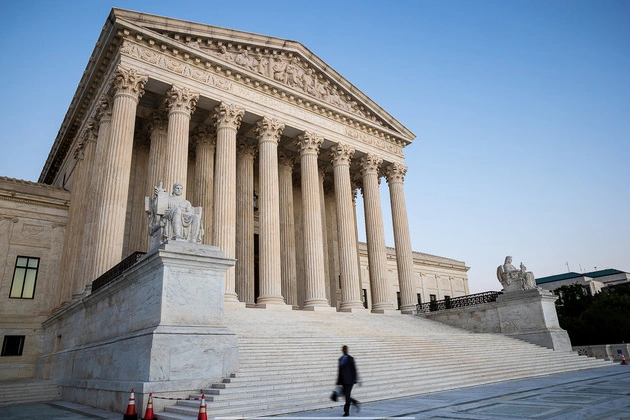
Supreme Court Ruling on Third-Country Deportations
The Supreme Court recently made a significant decision regarding third-country deportations, allowing the Trump administration to proceed with swift deportations to countries where immigrants have no ties.
The ruling lifted restrictions imposed by a federal judge in Boston, granting officials more flexibility to carry out mass deportation plans, particularly in cases involving countries that resist accepting their citizens back.
Controversies and Dissent
While the Supreme Court’s majority did not provide an explanation for their ruling, all three liberal justices dissented. Justice Sonia Sotomayor criticized the decision as an abuse of power, accusing the administration of rewarding lawlessness.
The ruling has sparked controversies over attempts to deport immigrants with criminal records to countries like Libya and South Sudan, raising concerns about due process and potential human rights violations.
Legal Battles and Individual Lawsuits
Despite the Supreme Court’s ruling, judges like Brian Murphy could still block third-country deportations in specific cases. This decision might lead to a surge in individual lawsuits from immigrants fearing deportation to unfamiliar and potentially dangerous countries.
Impact on Immigration Policies
The legal battles over third-country deportations have highlighted the tensions between the Trump administration and judiciary, with conflicting directives and actions raising questions about procedural fairness and compliance with international laws.
Overall, the Supreme Court’s ruling on third-country deportations has far-reaching implications for immigration policies, procedural safeguards, and individual rights.











